The House of Doors: Longlisted for the Booker Prize 2023
£9.50
LONGLISTED FOR THE BOOKER PRIZE 2023
A SUNDAY TIMES BESTSELLER
It is 1921 and at Cassowary House in the Straits Settlements of Penang, Robert Hamlyn is a well-to-do lawyer and his steely wife Lesley a society hostess. Their lives are invigorated when Willie, an old friend of Robert’s, comes to stay.
Willie Somerset Maugham is one of the greatest writers of his day. But he is beleaguered by an unhappy marriage, ill-health and business interests that have gone badly awry. He is also struggling to write. The more Lesley’s friendship with Willie grows, the more clearly she see him as he is – a man who has no choice but to mask his true self.
As Willie prepares to leave and face his demons, Lesley confides secrets of her own, revealing her connection to the case of an Englishwoman charged with murder in the Kuala Lumpur courts – a tragedy drawn from fact, and worthy of fiction.
From Man Booker Prize-shortlisted Tan Twan Eng, The House of Doors is a masterful novel of public morality and private truth a century ago. Based on real events it is a drama of love and betrayal under the shadow of Empire.
Read more
Additional information
| Publisher | Canongate Books, Main edition (7 Mar. 2024) |
|---|---|
| Language | English |
| Paperback | 320 pages |
| ISBN-10 | 1838858334 |
| ISBN-13 | 978-1838858339 |

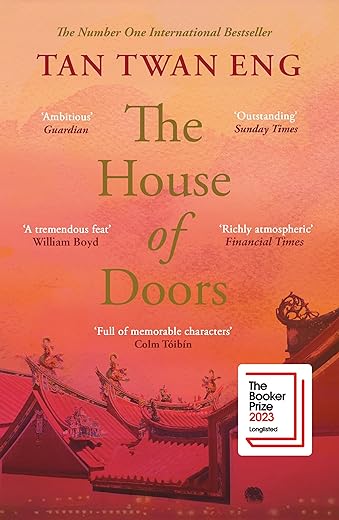
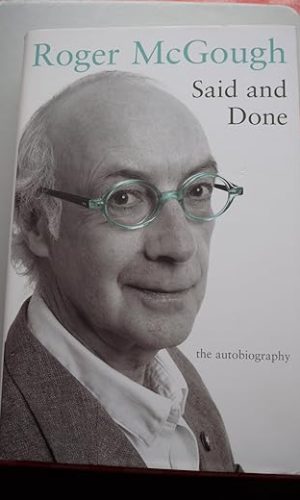
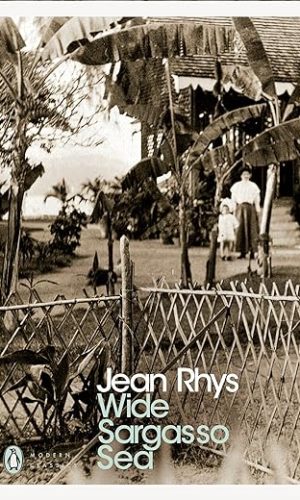


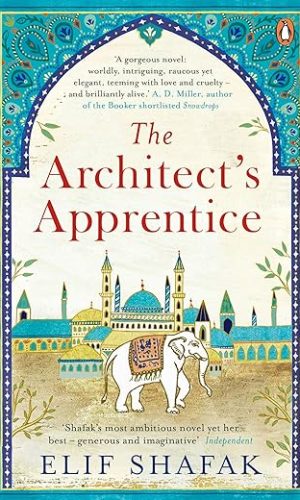
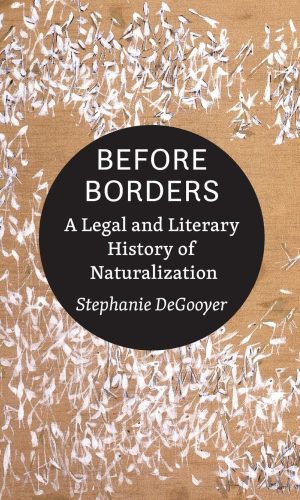
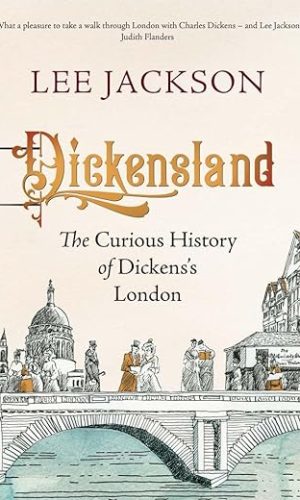
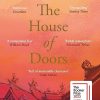
by Adela Peterside
One of the best books I have read in a long Time. The author weaves an absorbing plot around superb evocative descriptions of nature and colonial Malaya in the early 20th century, writing with fluidity and empathy. The reader is effortlessly transported into another era, and is left sighing with satisfaction at the beautiful ending. Wonderful. I’ll certainly be buying his other books.
by C.Campbell
TTE is a brilliant writer who does not get the attention he deserves. Through the vehicle of the fictionalised relationship between Lesley, a colonial British wife, who is more interesting than we expect, and author William Somerset Maugham, an old friend of her husbands, this novel weaves together haunting stories about marriage, friendship, betrayal and love stretching from colonial Malaysia to South Africa and back. It captures he crassness of the British presence in Malaysia in early 1900s. The author communicates the nuances of life, relationships and selfhood in a painfully tentative yet confidently profound way, one that leaves the reader stunned and silent.
by Ralph Blumenau
Tan Twan Eng was born on the Malaysian island of Penang, where most of the book is set, and it is redolent of the local character, the local food, and the local vocabulary.
It is a strange book. It is difficult to be sure which part is based on fact and which is fiction, and the relevance and significance of parts of it are obscure to me. The most readable part is about Somerset Maugham, who was living in Penang in 1921 with his secretary and lover Gerald Haxton. That part seems well researched: Maugham’s early history; his stammer; his success by then as the author of ten novels and of two collections of short stories; his relationship with his wife Syrie: they lived separately, partly because Syrie resented his continual travelling, and eventually they divorced.
The other main characters, who may be fictional, are Mrs Lesley Hamlyn, in whose house in Penang Maugham and Gerald were staying in 1921: her chapters are related in the first person. She was married to Robert, a barrister. She knew that he was having an affair with a man, his assistant Peter Ong Chi Seng. She was shocked, but knew how divorce diminishes a woman; so she never confronted him for his infidelity.
Robert’s lungs had been damaged after he had been gassed in the war, and Dr Joyce, his doctor, had recommended, much to Lesley’s dismay, that they leave Penang for a drier climate, and in 1922 Robert and Lesley move to the Karoo, a semi-desert region of South Africa, where his cousin lived.
Maugham was writing a book about Sun Yat Sen, also known as Sun Wen. If he did, it is not to be found in the list of his works; but Sun Yat Sen’s person and political role play a big part in the novel. Lesley and Robert had met him a few times when he had passed through Penang some ten years earlier, and it appeared that Lesley had been very close to him. In 1912 he at last became President of China.
But I can find nothing on the internet about Maugham being almost ruined after he had made a £40,000 investment – all his money – in a New York company which collapsed.
There is another plot in the book, unconnected with Maugham and dated 1910:
Ethel Proudlock, a friend of Lesley’s, had shot William Steward who had tried to rape her. Lesley attended the inquest in Kuala Lumpur on William Steward’s death. It was to decide whether Ethel had fired in self-defence or whether she would be charged with murder. After hearing the evidence, the magistrate sent her for trial for murder. Bail was refused and she was taken to jail. Her solicitor asked Lesley to be a witness for Ethel, testifying to her character. The trial is described at great length. She was found guilty of murder and was sentenced to be hanged. She appealed, then withdrew her appeal, and applied to the Sultan of Selangore for a pardon. He pardoned her, with the condition that she leave Malaya for good. There is a twist to that whole episode in the Epilogue, and it is the subject of “The Letter”, one of Maugham’s short stories, and of a film.
There are chapters about a strange house in which there is a collection of doors, suspended from the ceiling, to which the title of the book refers. Dr Arthur Loh, a supporter of Sun Yat Sen’s, was its owner, and it became the regular rendezvous for him and Lesley to have sex. But they were keen that their liaison should not be given away by any letters, notes or messages.
The book as a whole did not grip me. Hence the lowish rating I have given it.
by RoaringForties
The best book I’ve read for ages. Totally recommend. Not sure why it didn’t make Booker shortlist.
by anna schick
I enjoyed learning about life in Penang at that time.
I wondered how much Tan Kwan Eng liked women
by Amazon Customer
I loved the era and I loved Simerset Maughan having a starring role
by Obsessive Reader
I did not find the beautiful, painful use of words like in Garden of Evening Mists and The Gift of Rain. I did not find that painful tugging at the heart. I did not find that truly soulful descriptions of land, sea and life. I read House of Doors, I liked it, but I did not find the same intensity as in his previous two novels. I did not find The House of Doors as all consuming as his previous two novels. To me, it was as if he emptied his heart in Garden of Evening Mists and The Gift of Rain and that there was no more to give. I did not find the depth in this novel as I did in his other two.
by CYP
Beautifully written. Thoroughly enjoyed. Worth the wait.
Evocative and mesmerising passage of swimming in the blood warm waters in pitch darkness so beautifully written. Magical.